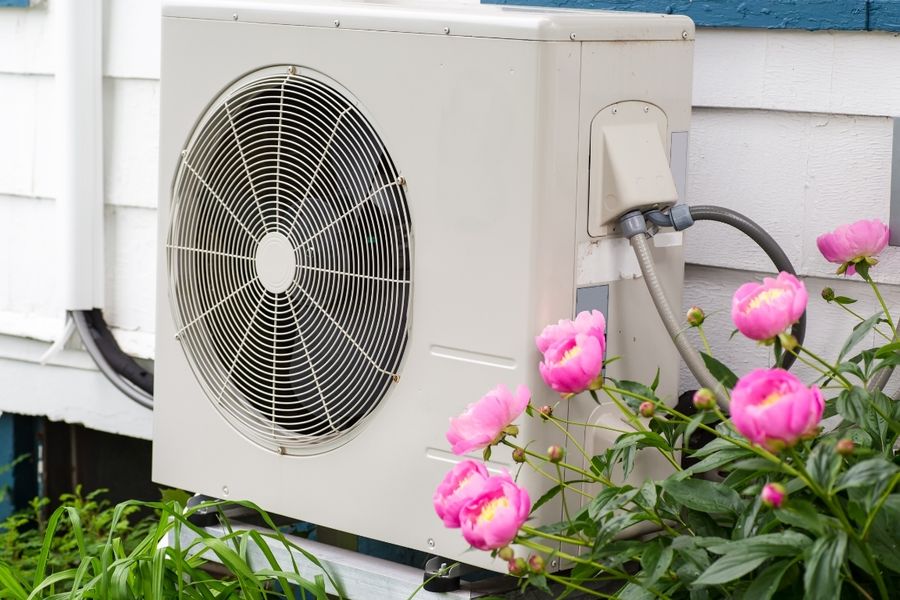
Massachusetts is considered one of the leading states in the US regarding energy efficiency. Still, it's also the second state with the highest use of heating oil, according to the U.S. Energy Information Administration. Many homes that use heating oil are older houses that are long overdue for insulation and weatherization. Thankfully in Massachusetts, we have the Mass Save program, which offers no-cost audits for pre-weatherization and insulation and competitive rebates for energy efficiency upgrades such as the installation of heat pumps.
Many of us have heard about Mass Save, but most of the residents with the highest energy burden in our state are unaware of the program and, therefore, struggle to access it the most. The Mass Save program administrators and the Department of Public Utilities need to prioritize the needs of underserved communities, renters, and people of color. We cannot continue to lead in energy efficiency without equity - which is why I'd like to continue sharing my journey as a renter, an immigrant, and a woman of color struggling to afford the rising costs of heating and rent in Massachusetts.
When I toured my current apartment last Spring, my landlord showed me the oil tanks they used to heat water and keep the home warm in the winter. I'd never seen an oil tank before and wasn't sure what to expect. So, I asked her how much it would cost to keep the apartment warm in the winter, and she said about "$300-500" for the whole season. I thought this was a reasonable price given what my old Eversource bill looked like in the winter of 2020. So, I confidently signed the lease, never imagining oil prices would skyrocket in the following months.
Even though my landlord weatherized my home through the Mass Save no-cost program (read about it HERE), I still spent over $1500 on heating oil this winter, with our heating oil bill rising over 50% from October 2021 through April 2022. By the beginning of the Spring, I knew I could no longer afford to keep my home warm, but I also didn't have enough money to move out and find a new home that was energy efficient. So I decided to talk with my landlord about making energy upgrades and potentially getting a heat pump. She told me she'd need me to teach her the basics about heat pumps and have a proposal for her, so I began working on my pitch.
As a first step, I called Mass Save to get information on rebates, products that I could use, and the installation process. I wasn't surprised when they told me they couldn't provide any information on that and that I should reach out to a contractor and ask them my questions instead. So I called the contractor, and they said they couldn't provide any information, and I should ask Mass Save… after all, isn't their job to help out?
I called a second contractor, who told me the only way I could get information was to have them come to my home, do an assessment, and provide a quote. Unfortunately, they were backed up for months, so I would have to wait at least six weeks.
I scheduled a visit for late June, and I'm hoping my landlord will agree with the visit and listen to the proposed quote. Still, even then, she'll have to choose to invest thousands of dollars into her rental property, hoping to recover some of her investment through the hard-to-navigate rebate process.
In addition, there is no guidance that I have found in English, let alone in other languages, for renters interested in having these difficult conversations with landlords. The Mass Save website is challenging to navigate and requires a deep understanding of the program that not many renters or low-income folks have. This shouldn't become another barrier to upgrading energy systems in old home. This needs to change – stay tuned for next steps on my journey as we work with our colleagues in this space to make these materials available for all!


